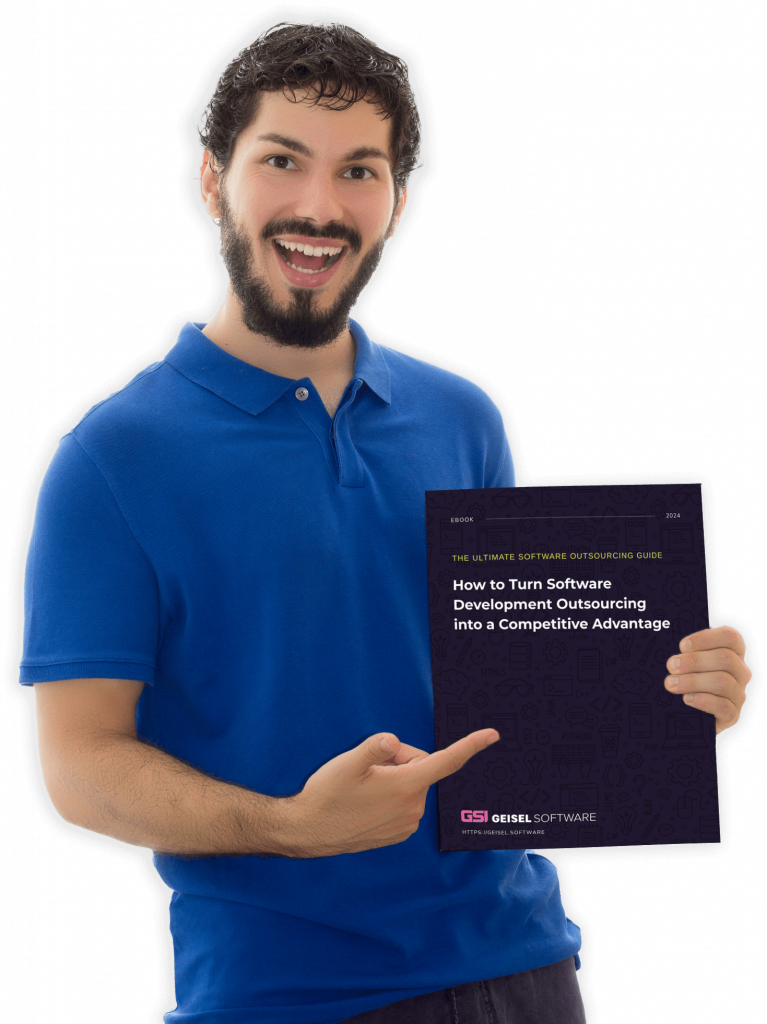Telepresence Robot ConnectR: How Geisel Software Improved iRobot’s Manufacturing Processes
Telepresence Robot Project Challenge
iRobot’s ConnectR prototype marked their initial foray into telepresence robots, leveraging the successful design of their popular Roomba. The ConnectR telepresence robot was equipped with two high-resolution video cameras, a two-way audio system, and the capability to be controlled remotely. This project represented iRobot’s first attempt at manufacturing a highly technical and connected robot, which brought several challenges.
One of the primary challenges was ensuring that the selected manufacturer could efficiently and consistently produce a high-quality product that met all specifications. Given the complexity and novelty of the telepresence robot, iRobot needed a partner who could navigate these challenges and prepare the product for mass production.
To address these issues, iRobot hired Geisel Software, recognized for their extensive experience in taking innovative products from concept to commercialization. Geisel’s task was to develop a system that would ensure that each ConnectR telepresence robot met rigorous quality standards before being shipped to customers.
Solution
Geisel Software designed and implemented a comprehensive built-in test system for the ConnectR telepresence robot. This system allowed the manufacturer to run a series of automated tests to ensure every component of the robot was functioning correctly. The tests covered critical aspects such as wheel operability, video feed functionality, and WiFi connectivity, among others.
Once a telepresence robot completed the series of tests, it would send a pass/fail message to a server deployed by Geisel on the factory floor. This server was integral to the quality assurance process, as it tracked the performance of each unit and provided detailed logs that could be used for audits. If a robot passed the tests, it was cleared for shipment. If it failed, it was held back for further inspection and correction.
In cases where faulty robots were returned to iRobot, the audit logs allowed the company to determine whether the defects occurred during manufacturing or after the units had been shipped. This capability enabled iRobot to quickly identify and address any issues in their manufacturing process, thereby improving overall product quality and reliability.
Results
Despite iRobot’s decision not to commercialize the ConnectR telepresence robot, the solutions developed by Geisel Software had a lasting impact on their manufacturing processes. The built-in test system significantly enhanced the efficiency and consistency of quality control measures. This system proved so effective that iRobot integrated it into subsequent projects, ensuring that future telepresence robots met high standards of reliability and performance.
One notable application of this enhanced manufacturing process was in the development and eventual launch of iRobot’s first autonomous telepresence robot, Ava. The methodologies and systems put in place by Geisel Software played a crucial role in bringing this advanced product to market. Ava benefited from the rigorous testing protocols and quality assurance measures initially designed for ConnectR, demonstrating the scalability and adaptability of Geisel’s solutions.
Key Benefits and Learnings:
- Enhanced Quality Control: The comprehensive testing protocols ensured that only fully functional units were shipped, reducing the incidence of defective products reaching customers.
- Audit and Tracking Capability: The detailed logging and audit capabilities enabled precise identification of defects and streamlined troubleshooting processes, leading to quicker resolution of manufacturing issues.
- Scalable Solutions: The methodologies developed for the ConnectR telepresence robot were scalable and adaptable, allowing iRobot to apply them to future projects with similar success.
- Process Optimization: Geisel Software’s holistic approach to optimizing the assembly line and production processes helped reduce waste, improve efficiency, and ensure the consistent high quality of manufactured units.
By focusing on robust quality control and scalable solutions, Geisel Software helped iRobot navigate the complexities of manufacturing advanced telepresence robots. The success of these efforts underscores the importance of thorough testing and quality assurance in the production of high-tech connected devices.
